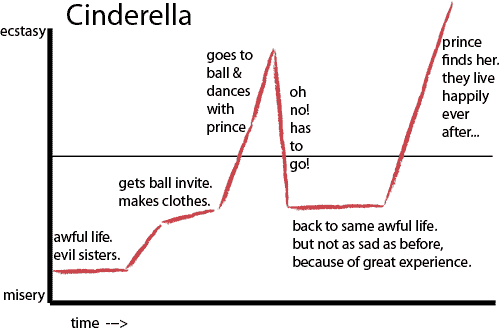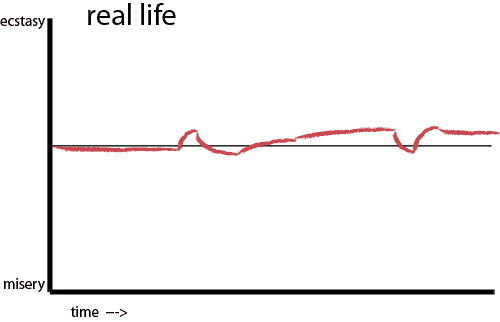 Joseph Rost wrote a very influential book years ago entitled "Leadership for the Twenty-First Century." For anyone interested in the progression of leadership thought and study over the years, this book was a masterwork. Rost, through his extensive research and powerful tone, made perhaps the most convincing argument to date that leadership was not a top-down proposition. Rather, Rost's definition says that leadership is an influence relationship among leaders and followers who intend real changes that reflect their mutual purposes. Defining leadership as a relationship means that both leaders and followers are doing leadership. This flies against the typical paradigm of of leadership being projected only from a leader to a follower. The arrow can go both ways, according to Rost.
Joseph Rost wrote a very influential book years ago entitled "Leadership for the Twenty-First Century." For anyone interested in the progression of leadership thought and study over the years, this book was a masterwork. Rost, through his extensive research and powerful tone, made perhaps the most convincing argument to date that leadership was not a top-down proposition. Rather, Rost's definition says that leadership is an influence relationship among leaders and followers who intend real changes that reflect their mutual purposes. Defining leadership as a relationship means that both leaders and followers are doing leadership. This flies against the typical paradigm of of leadership being projected only from a leader to a follower. The arrow can go both ways, according to Rost.Now consider the rock group Pearl Jam, one of the most successful musical groups in modern times. In their profile on the VH1 show "Storytellers," frontman Eddie Vedder told a story about Pearl Jam's most popular hit song - "Alive." In his story, Vedder essentially describes Rost's definition of leadership. Vedder tells about how the audience for Pearl Jam's live shows, through their collective influence, forever changed for him the interpretation of the song. The band on the stage, and the audience in the stadiums, were practicing leadership with each other. The story is powerful, and worth a few minutes of your time:
I doubt Rost and Vedder ever encountered each other or each other's work. Rost might have found a Pearl Jam song to be a strange place for his ideas - but leadership is often found in the strangest places!
By the way, if you are not familiar with the song, here is a video with both the story above and their performance of the song.








